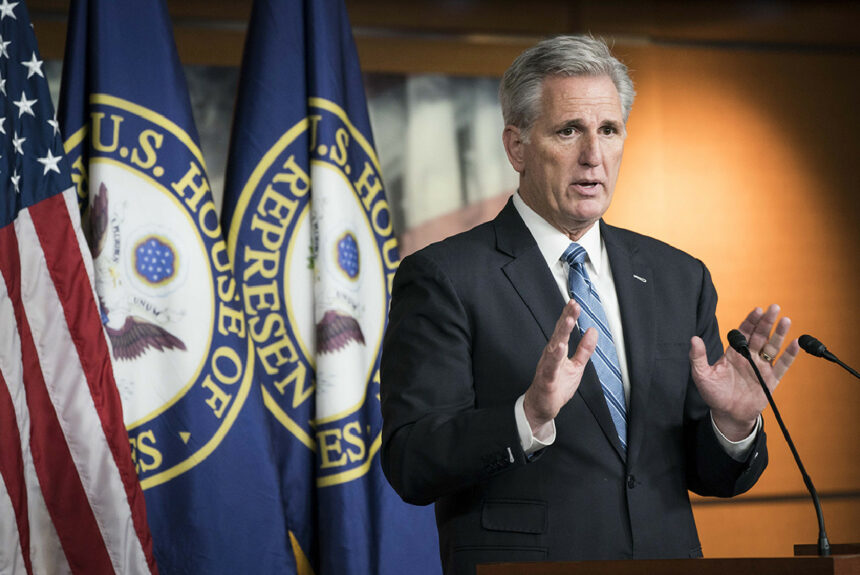In the face of an energy crisis, gas prices that are hurting Americans at the pump and a volatile supply chain, bipartisan new-age solutions could be our way toward combating negative climate effects. Instead of fueling an evolving partisan gridlock, policymakers need to step up to the plate and work together to pass meaningful climate and energy action for the sake of our country.
>>>READ: Why the Republican Climate Plan Is Needed Now More Than Ever
Progressives have long claimed that in order to make meaningful climate progress, legislation and measures must be a silver bullet. This view has collided with the incrementalist approach of conservatives, leading several lawmakers on the left to label many Republican climate solutions as unserious. This seemingly never-ending partisan cycle has painted an intellectually false picture for Americans looking to Congress for headway against our climate. But conservatives are slowly changing this narrative with several initiatives that are backed by dozens of Democratic lawmakers.
As Congress approaches its August recess, Republican climate solutions have amassed considerable support. In just a matter of weeks, Republicans have taken action on a carbon sequestration bill, held a hearing on the Save Our Sequoias Act (which has 40 Republicans and Democrats evenly co-sponsoring) and pushed to pass the bipartisan Recovering America’s Wildlife Act. Regardless, the media are working tirelessly to paint the GOP as the party of “climate denial.” What Americans don’t see is that underneath the partisan curtains, bipartisan pragmatists are leading the charge for climate action.
For many, bipartisanship rings hollow nowadays. Americans have only heard of radical ideas from firebrand lawmakers that earn 15-second soundbites on the 24/7 media cycle. What the majority of Americans don’t hear about are the small, yet sizable initiatives that conservative and progressive legislators have made strides on. From the Energy Act of 2020, one of Congress’ most monumental steps toward a cleaner climate through economic solutions, to the introduction of the Growing Climate Solutions Act of 2021 and the GOP’s new Energy Conservation, and Climate Task Force progress is being made with both sides of the aisle endorsing cost-effective climate policies.
What’s more, is that over three dozen members of Congress from both parties are working together to out-compete China by supercharging the Department of Energy (DOE) to bolster energy innovation. The DOE Science for the Future Act would authorize $50 billion that would launch research into advanced technologies, such as carbon sequestration and fusion energy.
>>>READ: Rep. John Curtis Details Rollout of GOP Climate Plan
Consistent bipartisan measures — especially when it comes to climate action — have their challenges but have proven to diminish political polarization across the country. One analysis shows that “bipartisanship can help create working climate mitigation strategies in state-level contexts,” another anecdote that shows that bipartisan climate progress is not only possible but is successful in reducing partisan tension.
Simply put, a plethora of federal legislators are killing two birds with one stone in an attempt to launch net-positive solutions on American soil while stimulating our competitive drive to overcome Chinese modernization. At a time when our increasingly polarized nation is failing to bridge a partisan divide among Americans, bipartisan cooperation may have a long-term, cross-party appeal that sustains climate progress for generations to come.
Preserving America’s environment while simultaneously tackling competition with China are common-sense strategies. Climate change is here to stay and it’s up to our elected leaders to make it an issue that unites Americans rather than increases nationwide partisanship.
Jorge Velasco is an executive communications intern for the American Conservation Coalition and contributor for C3. He is a sophomore at George Mason University’s Schar School of Policy and Government. Follow him on Twitter @velascoAjorge.
The views and opinions expressed are those of the author’s and do not necessarily reflect the official policy or position of C3.
